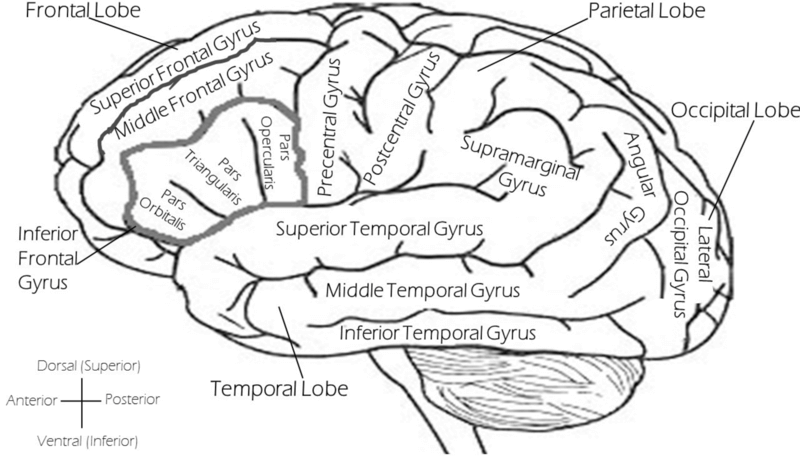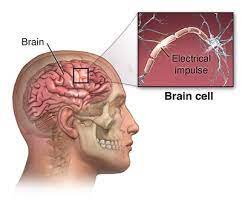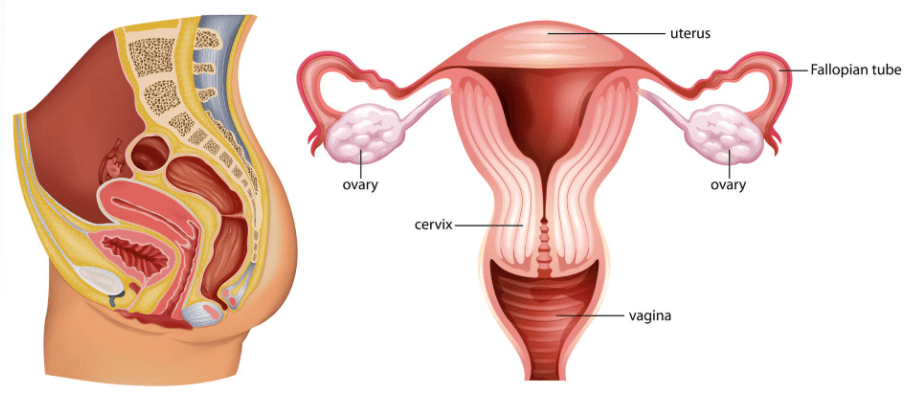Information on this site shall be considered as holistic, alternative and spiritual advice only. For medical advice and treatment a GP, medical professional and/or Certified Hijama Therapist should be consulted. In all circumstances where lifestyle changes, supplements, or other foods are suggested your GP should be consulted. Client Safety is the number one priority.
Hijama / Cupping Points Treatment Plan for Elephantiatis
Standard Wet Points – 1,55,11,12,13,120,49,121,125,126,53,54
Standard Dry Points – Point 54 is the other leg.
Click here for Hijama Points on the back of the body
Click here for Hijama Points on the lower limbs of the body
If the client has a complicated history and numerous concerns then it is a good idea to use our online consultation service – click here.
Which body part or function is involved in Elephantiasis?
It involves a network of lymphatic vessels and lymph nodes the points in different body areas where the lymph is filtered while other components of this system include the thymus, spleen, tonsils, and adenoids. The lymphatic vessels are just like blood vessels and capillaries of the blood circulatory system. The lymph nodes are present in hundreds of numbers in the body from head to knees either embedded deep around the organs like the heart and lungs or present near the surfaces like underarms and groin area.
Spleen
The largest lymphatic organ present on the left body side and filters the blood and regulates the blood storage and amount of blood in the body and how many red blood cells should be there in the body. It plays important role in infection control by producing lymphocytes that further produce antibodies to fight the foreign invaders.
Thymus
Present above the heart this small lymphatic organ is a storage house for immature lymphocytes and play role in their maturation to specialized form called T cells. These T cells act to fight infection and also destroy cells that have turned cancerous.
Tonsils
These are present in the larynx and work as the first line of defense of the immune system against viruses and bacteria entering through the mouth and nose. Sometimes they become infected and problematic and are removed by surgery.
Lymph is a clear fluid that unlike blood flows in one direction towards the neck where the lymphatic vessels are connected with two subclavian veins making a way to re-enters the lymph to the circulatory system. Lymph bathes the body tissues and maintains a fluid balance in the human body besides removing pathogens and harmful substances from the tissues and enter the blood via lymphatic vessels. The lymph contains macrophages and lymphocytes that are important components of the immune system to fight the invading pathogens.

What are the symptoms and effects of Elephantiasis on the body?
It is also called lymphatic filariasis a rare health condition that is caused by mosquito bites. As the name suggests the person with this condition gets their arms and legs to swell to the point that they become bigger and get thick hard like an elephant’s skin. This may also affect a person’s sexual organs and breasts. Elephantiasis is more prevalent in tropical and subtropical regions.
Elephantiasis is caused when a person gets bitten by a large number of mosquitoes for a long period of time in a region where some specific types of roundworms are common. The mosquitoes infected with the filariasis parasite bites a person the larva enters the bloodstream surviving and growing and end up maturing in the lymphatic system. The parasite may have entered as early as childhood and live for years in the lymphatic system without any signs and symptoms and causes huge damage leading to lymphoedema and swelling in the arms and legs of the affected person.
The infection is caused by nematodes of family Filariodidea and there are three types of these roundworms involved commonly:
- Wuchereria bancrofti is the cause of infection in about 90% of elephantiasis cases.
- Brugia malayi is second to the Wuchereria bancrofti in causing infection.
- Brugia timori is also responsible for disease-causing infection.
Mature Parasites
The mature parasites enter the human body nests in the lymphatic vessels for about 6-8 years and produce millions of larvae (microfilariae) that start circulating in the blood. When mosquitos ingest the blood of a person that hosts the worms, it gets infected and the microfilariae start their maturation as an infective worm within the mosquito body. As this infected mosquito bites other people, the matured larvae are deposited on the skin of that person from where they penetrate inside the body and travel to the lymphatic vessels and start developing into mature parasites and this cycle of transmission keeps going.
Symptoms
- Swelling
- Bulky, lumpy skin that is stiff and hard.
- Pain in the affected area
- Fever
- Chills

What changes in diet can help improve symptoms of Elephantiasis?
- Take a diet that is low in fat and high in protein.
- Take food that is rich in vitamin C.
- Drink sufficient fluid to keep yourself hydrated.
- Use probiotics to improve digestion.
- Avoid food that is high in fat and spices to improve health conditions.
Changes in lifestyle which can help Elephantiasis
If you are living in a region where the chances of getting the infection are high use mosquito repellants and nets. Also, adopt proper hygienic conditions and wash the affected area with soap and water daily. Exercise where the elevation of the affected arm or leg is recommended to improve lymph flow and use antibacterial or antifungal creams to disinfect any associated wounds.
Possible alternative remedies for Elephantiasis
Keep the infected area clean and disinfected do the elevation exercise if recommended by the physician. Main good body hygiene to avoid making the condition worst. Use antiparasitic drugs like albendazole, diethylcarbamazine, and mectizan.




